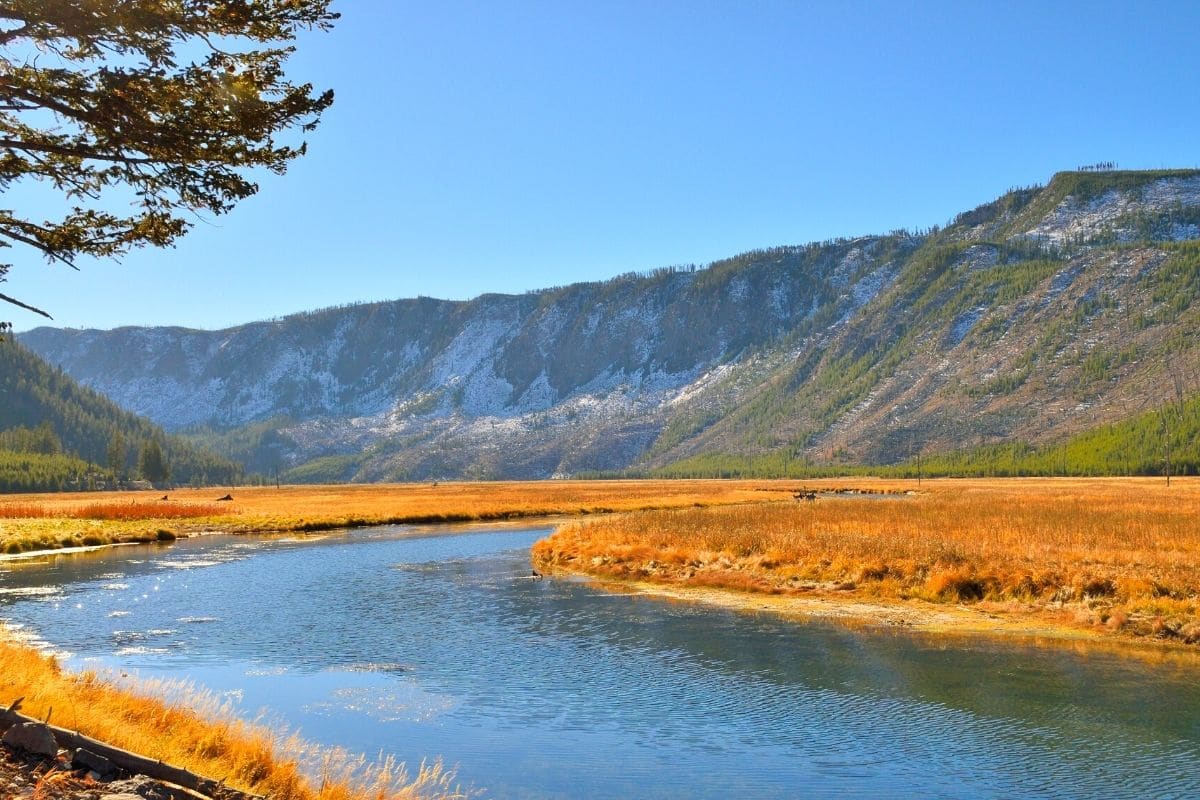Japan is a country where ancient traditions blend seamlessly with cutting-edge modernity. From centuries-old temples and traditional tea ceremonies to futuristic robot cafes and anime culture, Japan offers travelers a treasure trove of unforgettable cultural experiences. Whether you’re visiting for the first time or returning for a deeper exploration, immersing yourself in Japanese culture is a must. This guide highlights some of the most unique cultural experiences in Japan for tourists that you simply cannot miss.
1. Traditional Tea Ceremony (Chanoyu)
One of the most iconic cultural practices in Japan is the tea ceremony. Rooted in Zen Buddhism, the tea ceremony involves preparing and serving matcha (powdered green tea) in a meditative and graceful manner. Participating in a tea ceremony provides insight into Japanese aesthetics, discipline, and hospitality (omotenashi). You can experience this ritual in Kyoto, especially in Gion and Uji.
2. Staying in a Ryokan
A ryokan is a traditional Japanese inn where you can experience authentic hospitality, tatami-matted rooms, sliding paper doors, and futon beds. Many ryokans also feature onsen (hot springs), which are a quintessential part of Japanese culture. For an immersive experience, opt for a multi-course kaiseki dinner and wear a yukata (casual kimono) during your stay.
3. Attending a Sumo Match
Sumo wrestling is Japan’s national sport, and watching a match live is a cultural thrill. Sumo tournaments are held several times a year in cities like Tokyo, Osaka, and Nagoya. The matches are short but intense, and the rituals performed before and after the bout are deeply rooted in Shinto traditions.
4. Exploring Japanese Festivals (Matsuri)
Festivals in Japan are colorful, vibrant, and deeply traditional. Whether it’s the Gion Matsuri in Kyoto, Awa Odori in Tokushima, or the Snow Festival in Sapporo, each matsuri brings unique dances, floats, music, and local flavors. Participating in or observing these festivals is a delightful way to connect with local customs.
5. Wearing a Kimono
Wearing a kimono, the traditional Japanese garment, is a unique cultural activity available to tourists in many cities. Shops in Kyoto and Tokyo offer full dressing experiences, often including hairstyling and photography. Walking through historic districts dressed in a kimono offers a new appreciation of Japanese elegance and design.
6. Visiting a Samurai or Ninja Museum
For history enthusiasts, a visit to a samurai or ninja museum provides a deep dive into Japan’s feudal past. You can even take part in sword demonstrations or ninja training sessions. Popular museums include the Samurai Museum in Shinjuku and the Ninja Museum of Igaryu in Mie Prefecture.
7. Experiencing Japanese Cuisine Beyond Sushi
Japanese cuisine is an art form in itself. Go beyond sushi and ramen by trying local specialties like okonomiyaki in Hiroshima, takoyaki in Osaka, and kaiseki meals in Kyoto. Take a cooking class or food tour to understand the cultural importance of food preparation and presentation in Japanese life.
8. Exploring Traditional Crafts
Japan is known for its exquisite craftsmanship. Try your hand at pottery making in Mashiko, indigo dyeing in Tokushima, or washi paper crafting in Gifu. These experiences allow tourists to engage directly with traditional artisanship passed down through generations.
9. Visiting a Buddhist Temple or Shinto Shrine
From the iconic Fushimi Inari Shrine in Kyoto with its thousands of red torii gates to the peaceful Zen temples in Kamakura, visiting these sacred sites is a deeply spiritual experience. Learn how to properly cleanse your hands, offer prayers, and draw omikuji (fortune slips).
10. Sleeping in a Capsule Hotel
Modern Japanese innovation is best experienced in capsule hotels. Though compact, these futuristic sleeping pods offer comfort, convenience, and a glimpse into space-efficient living, especially in urban hubs like Tokyo and Osaka. It’s a unique overnight stay that contrasts sharply with the traditional ryokan.
Table: Top Cultural Experiences in Japan
| Experience | Location | Cultural Significance |
|---|---|---|
| Tea Ceremony | Kyoto, Tokyo | Zen-inspired ritual of hospitality |
| Ryokan Stay | Nationwide | Traditional Japanese lifestyle |
| Sumo Wrestling | Tokyo, Osaka, Nagoya | Japan’s national sport |
| Festivals (Matsuri) | Throughout Japan | Celebrations of local and seasonal events |
| Kimono Wearing | Kyoto, Tokyo | Traditional Japanese attire |
| Samurai/Ninja Museums | Shinjuku, Mie | Feudal history and warrior culture |
| Culinary Experiences | Osaka, Hiroshima, Kyoto | Local dishes and food culture |
| Traditional Crafts | Mashiko, Tokushima | Hands-on cultural engagement |
| Temples and Shrines | Kyoto, Kamakura | Religious and spiritual practices |
| Capsule Hotels | Tokyo, Osaka | Modern Japanese minimalism |
Blending Modern and Traditional Travel
For travelers who enjoy blending the old with the new, exploring Japanese culture offers endless contrasts. From timeworn traditions to sleek innovations, your journey through Japan will be filled with surprises and lessons. These experiences are ideal not only for deep cultural immersion but also for enriching your personal worldview.
While this article focuses on cultural travel in Japan, many of the principles of immersive travel also apply to other lifestyles. For example, those exploring mobile living can gain similar cultural enrichment through global travel. Guides like Van Life Essentials for Beginners highlight how minimalism and adaptability can lead to deeper cultural connections — whether you’re living in a van or staying in a Japanese ryokan.
FAQs About Unique Cultural Experiences in Japan
Q1: What is the best time to experience cultural festivals in Japan?
A: Summer (June to August) is ideal for matsuri like Gion Matsuri and Awa Odori. Winter also hosts unique festivals like the Sapporo Snow Festival in February.
Q2: Are tea ceremonies open to tourists with no Japanese language skills?
A: Yes, many tea ceremonies are adapted for international visitors with English-speaking hosts or translated guides.
Q3: How can I book a stay at a traditional ryokan?
A: Ryokans can be booked online through travel websites or directly via their official websites. Make sure to reserve well in advance, especially during peak seasons.
Q4: Are sumo matches held year-round?
A: No, they are held during six major tournaments each year across different cities. Check the official sumo calendar for dates.
Q5: Is it disrespectful for tourists to wear a kimono?
A: Not at all. Wearing a kimono respectfully as part of a cultural experience is widely accepted and often encouraged.
Q6: What should I know before visiting a Japanese shrine?
A: Learn basic etiquette such as bowing at the torii gate, washing hands at the purification fountain, and making silent prayers.
Conclusion
Japan is a destination that offers a rich blend of ancient tradition and futuristic modernity. Whether it’s through a serene tea ceremony, the power of sumo wrestling, or the craftsmanship of traditional artisans, these cultural experiences leave a lasting impression on every traveler. By stepping into the rhythms of Japanese life — even briefly — you gain a deeper appreciation of the country’s heritage, beauty, and philosophy. Make sure to plan your trip around these cultural experiences to truly discover the heart of Japan.







